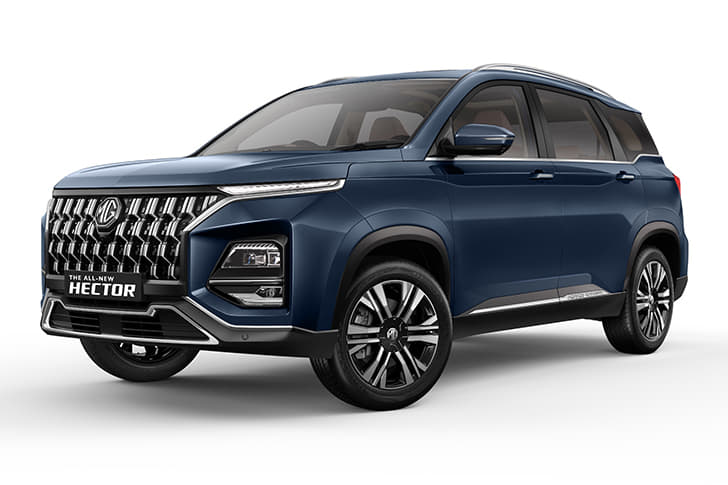After the COVID-19 lockdowns brought the entire economy to a grinding halt earlier this year, the automotive industry has shown signs of a return to normalcy in the past few months. The easing of restrictions seems to have brought back consumer demand and with two-wheelers constituting the most affordable form of personal mobility, scooter and bike manufacturers have witnessed a sharp recovery in sales.
- Two-wheeler sales have improved month-on-month since the easing of lockdown restrictions
- Demand recovery expected to continue in the festive season
- Economic contraction and supply chain disruptions remain a concern
In a recent interview with Autocar India, Rakesh Sharma, executive director, Bajaj Auto, opined that though the sales momentum is expected to continue in the ongoing festive season, there remains an element of concern.
Two-wheeler segment witnessing demand resurgence
“The pace of the recovery surprised us when it first occurred in June,” said Sharma. June 2020 was the first full month of sales after the pandemic began, and with the phase-wise easing of the national lockdown, two-wheeler demand has shown an upward trend every month.
With 15,59,665 units dispatched in August, the industry posted its first year-on-year (YoY) growth (3 percent) in FY2021. At 18,49,546 units, September two-wheeler sales figures registered a further improvement, up 11.64 percent YoY.
According to Sharma, the sales recovery can be attributed to a positive customer sentiment during the festivities. Moreover, rural demand remains buoyed owing to an adequate monsoon, while urban customers seem to be drawn to the showrooms in search of affordable forms of personal mobility at a time when social distancing is the norm. “So, when we put all three things together, we can expect a normal festive season; it (demand) should be equal to last year,” he commented.
The senior Bajaj executive, however, is cautiously optimistic of the path to normalcy, with a few red flags which need to be assessed.
Sales recovery to be on a lower base
Like the rest of the auto industry, the two-wheeler segment has been battling a sales de-growth, since long before the pandemic struck. Two-wheelers registered a 15 percent YoY decline in Q3 FY2020, with the performance in the following quarter being strained further (-25 percent YoY). This slowdown in demand can be attributed to a general economic slump, new regulations and rising costs.
As such, any recovery in the ongoing festive season will be on a lower base and needs to be viewed objectively.
Economic contraction could hamper growth prospects
With the lockdowns dealing a considerable blow to economic activities in the country earlier this year, India is looking at a considerable decline in GDP (Gross Domestic Product). As per IMF (International Monetary Fund) estimates, the Indian economy is expected to contract by 10.3 percent in FY21. This could take a toll on consumer sentiments post festive season and hamper the prospects of sustained growth in the medium-long term.
Fragility of supply chain remains an issue
While demand is just one side of the equation, automakers have yet another challenge at hand in the form of supply chain disruptions. “The supply chain is now able to meet the demand which is coming in. However, it is still very fragile because the cases of COVID-19 are increasing,” explained Sharma.
With the pandemic still spreading in the country, there are instances of supplier outages leading to interruptions in production. “And then we have to scramble to swiftly shift production to some other vendor and compensate. So, there is a whole lot of scurrying around to make all the pieces fall together,” highlighted the Bajaj executive.
Many players in the industry are tackling the supply chain uncertainties with over-correction. Sharma elaborated, “The industry has built up stocks because the situation is very ambiguous. Everyone wants to make sure that they are not left stranded for inventory reasons. You might just suddenly have a flare-up of COVID-19, and a supply chain issue, bang in the middle of the season. So, people want to err on the side of abundance, and then take corrections later.”
While two-wheeler manufacturers, like the rest of the auto industry, may be seeing a positive sales trend for now, the true test lies in the subsequent months. “I think the shadow of all these things will fall on the industry post the (festive) season. If the season shows a marginal growth or normal growth, we might just see a decline post season, unless the government steps in and does something very directly to provoke demand,” said Sharma.






















